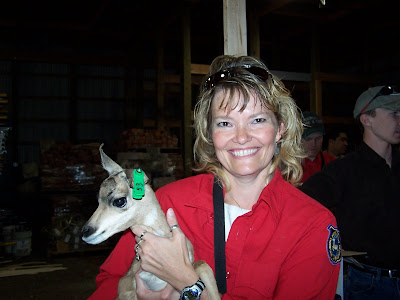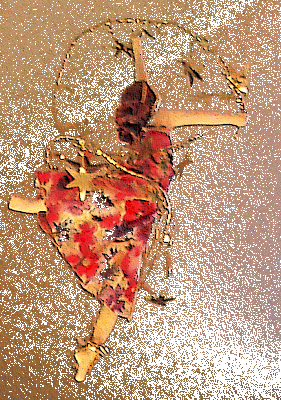We received sudden news this weekend that my Uncle Bud was heading into hospice.
He’s at the front right of this picture, taken in Oregon last August. Serendipity allowed my mom’s two sisters and their husbands to join us at a B&B on the coast. When I posted this photo of our four men to Facebook, Bud commented “Four jolly gentlemen, all doing their own thing.”
In some ways, our family branched early into two ways of doing things. My Aunt Carole married Bud and they moved away from Denver, had four children, became their own nucleus. My mom and my Aunt Karen stayed nearer my grandparents for many years, so we tended to have our own family gatherings. But we got together from time to time.
Now we know that this occasion, precipitated by the wedding of my cousin, Bud’s grandson, will be the last for this particular group.
My mom said that Bud has been a part of her life since she was nine years old. My cousin, Bud’s oldest daughter, said that we’ve had him as a part of our lives for 82 1/2 years. However you slice it, this marks the end of an era in our family. The decision not to try to halt the sudden and aggressive cancer with extreme measures wasn’t easy for them, but he’s surrounded by family and the stories he loved.
So, this is a celebration of a good life drawing to a close. W.L Rusho, author and lover of the wilderness, may you move on to greater things.
I’m including here a wonderful poem from a longtime family friend.
The Great Return
May you have the joy of rising waters
May the awe of ages surround youMay your feet sound soft upon the land
May the sweep of Nankoweep embrace youMay the Great Blue Heron stand upon her bar for you
And the Father of all mountain sheep stand vigilant on his loftMay you run the River true and hoot upon the waves
May you, your family, your friends pass throughAnd return home, home, and home again.
~Justice Greg Hobbs,
Colorado Supreme Court













